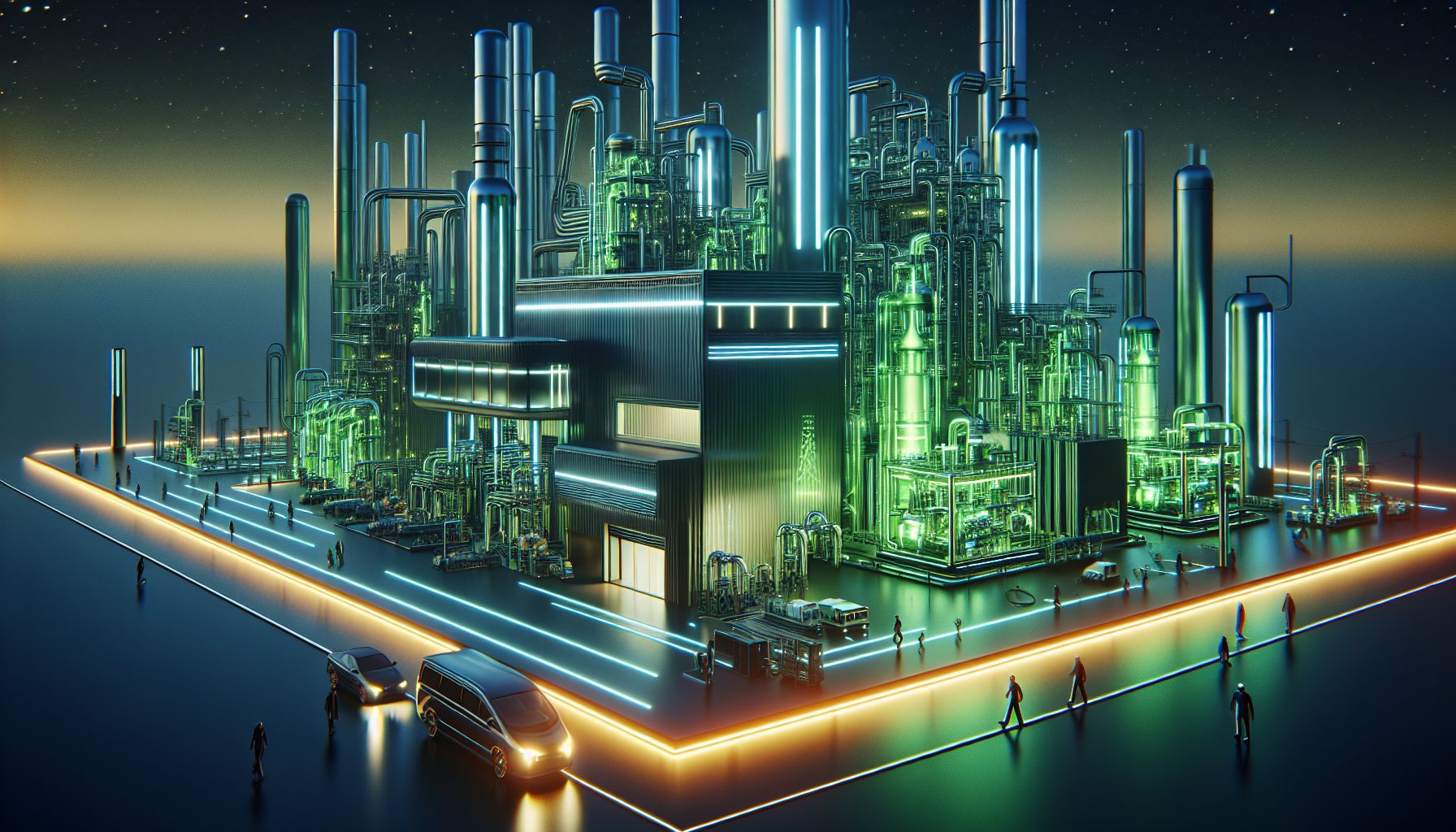Mauritania's Green Hydrogen Venture Set to Transform Global Energy

Nouakchott, Tuesday, 4 November 2025.
Mauritania is charging ahead with a bold green hydrogen project, eyeing a spot as a global energy leader. With massive investments, it’s aiming to slash carbon emissions and fuel economies worldwide. This could change the energy game, making green hydrogen affordable and widespread.
Green Hydrogen Ambitions
Mauritania is making waves with its ambitious plans to become a green hydrogen powerhouse by 2030. The country’s strategy involves several high-profile projects, like the enormous Project AMAN, which is set to produce up to 1.7 million tonnes of green hydrogen annually. That’s not just a drop in the ocean; it’s a potential game-changer for the global energy market [1].
A Massive Renewable Push
Project AMAN, backed by a $34 billion investment, is a cornerstone of this green dream. It’s designed to harness 30 GW of renewable energy capacity, combining solar and wind resources to fuel its hydrogen and ammonia production [1]. Meanwhile, Project Nour is another vital cog in the machine, with a targeted output of 150,000 tonnes of green hydrogen annually by 2030 [4].
International Collaborations
Mauritania’s green hydrogen ambitions aren’t just about domestic development. The nation is partnering with Italy on a €2.5 billion project aimed at exporting clean hydrogen to Europe. This project highlights Mauritania’s strategic role in the EU’s energy transition goals [2].
HyDeal Ambition Initiative
Let’s not skip over the HyDeal Ambition initiative, which is driving the dialogue on green hydrogen between Africa and Europe. This partnership aims to establish a subsea pipeline connecting Mauritania and Morocco directly to Spain, creating a vital corridor for green hydrogen export [3].
Economic and Environmental Impact
The economic implications of this hydrogen push are significant. By delivering green hydrogen at costs competitive with fossil fuels, Mauritania could play a crucial role in helping countries like Germany decarbonise their industries [1]. This isn’t just about green energy; it’s about economic growth and creating a sustainable future for Mauritania and its partners.